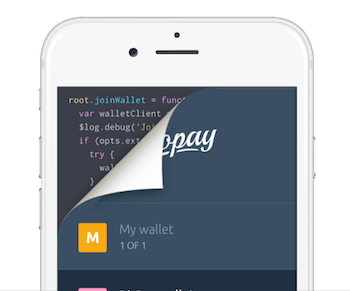Android Candy: Copay—the Next-Generation Bitcoin Wallet

When I hear the word "copay", I think of the doctor's office. Thankfully, the Copay app from the folks at Bitpay doesn't cost you anything, and it keeps your Bitcoin healthy and secure. I've mentioned many Bitcoin wallet applications and cloud solutions during the past few years, but Copay truly is different. It has features other wallets can't touch, such as:
-
Truly cross-platform with availability for Android, iOS, Windows, OS X, Linux and Chrome.
-
Fast Bitcoin communication with Bitcoin network, no blockchain download.
-
Payment verification (BIP-0070-0073).
-
Shared wallets (multi-party transfer approval).
-
Wallet backups, multi-device access of same wallet.
-
100% open, downloadable source code hosted on GitHub.
I'll admit the first time I tried Copay, I didn't quite understand the hype. It feels like every other app accessing a cloud-based Bitcoin wallet (for example, Coinbase). But Copay is an actual wallet, with private keys stored only where you back them up. Thankfully, it allows simple backup of your wallet keys, so you can access your Bitcoin from multiple locations. In fact, you really really really need to have your wallet backed up and/or accessed from multiple locations. If you lose your phone and don't have a backup of your wallet, there's no way to recover your Bitcoin.

(Photo Credit: https://copay.io)
Thanks to its devotion to multi-platform open-source development and attention to security while never compromising flexibility, Copay gets this month's Editors' Choice award. If you want to manage your own Bitcoin without trusting an on-line cloud provider, Copay puts the control in your hands. Check it out today at ttps://copay.io.










